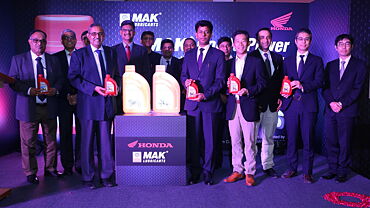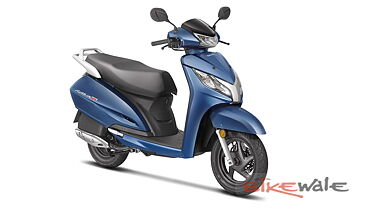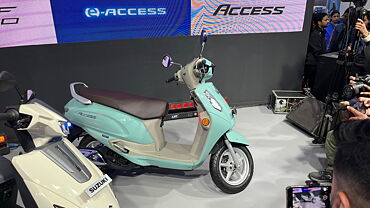
The new Modi government has finally presented their first union budget for 2014.The Union Budget is growth oriented and presents a progressive roadmap to spur investments and infrastructure development. While the Indian auto industry was expecting more than infrastructure development, the government has spoken about the infamous goods and services tax (GST).
The finance minister announced that the final approval and a clear roadmap of the GST will be announced at the end of this year. This will provide a major relief to manufacturing sector, especially the automobile manufacturers who are dealing with many taxes and at a time when the sales have decreased in the past few years.
The GST regime aims at subsuming most of the direct taxes at the central as well as states’ level. Currently, the auto makers have to pay various taxes like the customs duty, excise duty, and value added tax (VAT) along with National Calamity Contingent Duty, Octroi and road tax. This development will uniform the tax structure for goods and services across the nation. But implementing the GST is turning out to be a major tax as some states have been apprehensive about surrendering jurisdiction and want to be adequately compensated.
"The Union Budget is growth oriented and presents a progressive roadmap to spur investments and infrastructure development. The ongoing excise benefits, along with the Finance Minister’s proposal to boost savings through revised tax structure, will surely strengthen consumer sentiment. We hope the Government will continue its pro-reform outlook and will soon introduce a roadmap for the implementation of GST to benefit business environment as well as the auto industry.” said Vinay Piparsania, executive director, marketing & sales, Ford India.
"The extension on reduction of excise duty had already been notified. We did expect an announcement on incentives for electric vehicles which did not come through. A firm date for GST implementation would have been welcome." said Pawan Goenka, executive director, Mahindra.

![Honda Activa 125 [2016-2017] Image Honda Activa 125 [2016-2017] Image](https://imgd.aeplcdn.com/272x153/bw/models/honda-activa125.jpg?20190103151915&q=80)















![Honda Activa 125 [2016-2017] Exterior Honda Activa 125 [2016-2017] Exterior](https://imgd.aeplcdn.com/199x112/bw/ec/22014/Honda-Activa-125-Exterior-66810.jpg?v=201711021421&q=80)
![Honda Activa 125 [2016-2017] Exterior Honda Activa 125 [2016-2017] Exterior](https://imgd.aeplcdn.com/199x112/bikewaleimg/ec/1480/img/l/honda-activa-125-8483.jpg?v=201711021421&q=80)
![Honda Activa 125 [2016-2017] Exterior Honda Activa 125 [2016-2017] Exterior](https://imgd.aeplcdn.com/199x112/bikewaleimg/ec/1480/img/l/honda-activa-125-8482.jpg?v=201711021421&q=80)
![Honda Activa 125 [2016-2017] Side Honda Activa 125 [2016-2017] Side](https://imgd.aeplcdn.com/199x112/bw/ec/22014/Honda-Activa-125-Side-66806.jpg?v=201711021421&q=80)
![Honda Activa 125 [2016-2017] Side Honda Activa 125 [2016-2017] Side](https://imgd.aeplcdn.com/468x263/bw/ec/22014/Honda-Activa-125-Side-66817.jpg?v=201711021421&q=80)







